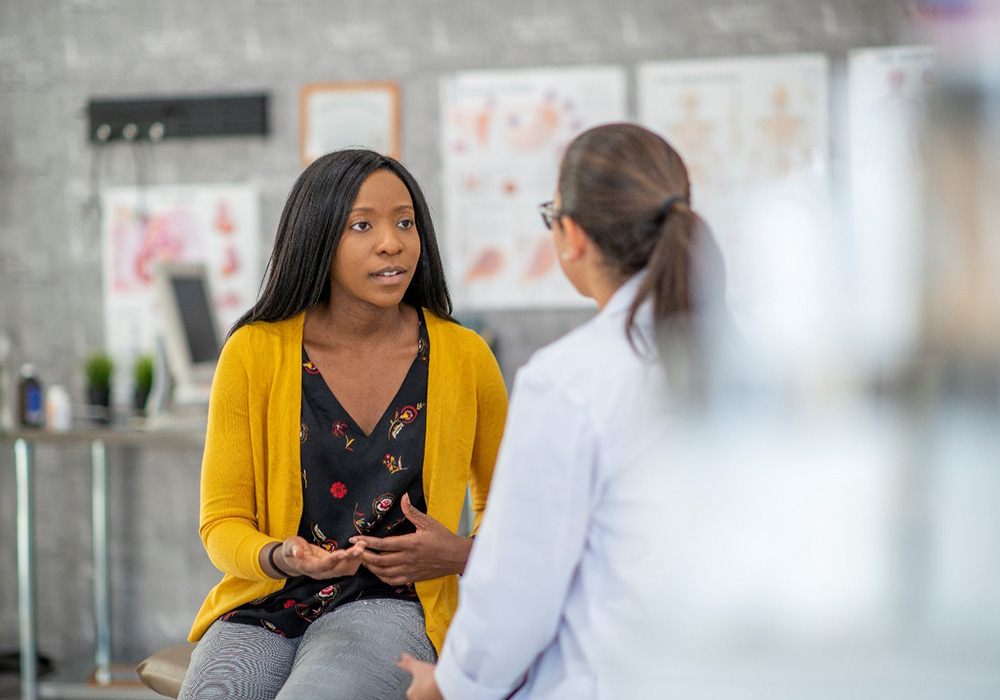Patients from underrepresented groups who self-advocate, are actively involved in their care, and have strong social networks have better cancer outcomes, oncology nurse researchers reported in substudy results published in the Oncology Nursing Forum.
The research team, which included ONS member Teresa Hagan Thomas, PhD, RN, recruited patients with breast cancer from a larger study who identified as part of a vulnerable group at risk for poor cancer outcomes, based on specific characteristics: “non-White race, Latina ethnicity, maximum of a high school education, an annual household income of 200% of the federal poverty level or less, or nonheterosexual orientation.” Researchers conducted initial and follow-up telephone interviews with 10 participants that used open-ended questions to solicit participants’ challenges and self-advocacy during their cancer treatment.
They found three major themes in their analysis:
- Speaking up and speaking out (i.e., actively using support resources, recognizing and reporting symptoms, asking questions about their care, and advocating for medical interventions)
- Interacting with the healthcare team (i.e., navigating insurance issues, building trust and handing over responsibility, and working with an honest and accessible care team that gives direct answers)
- Relying on support from others (i.e., family, friends and community, and employers)
The authors recognized the importance of examining self-advocacy in underrepresented groups because research on the topic has mostly involved White patients and that “this study begins to differentiate the self-advocacy needs and behaviors of women from diverse backgrounds.” As more studies emerge and clinicians translate that research to practice, “future research should untangle how specific groups of women with advanced cancer self-advocate to appreciate how race, socioeconomic status, disability, gender identity, and other social factors affect the need for individuals to self-advocate and the implications of doing so, given that these interventions can be tailored to specific patient populations,” the researchers said.
Listen to an interview with Thomas on Oncology Nursing Podcast Episode 235: Self-Advocacy Skills for Patients to learn how oncology nurses can help support and empower patients’ self-advocacy.






